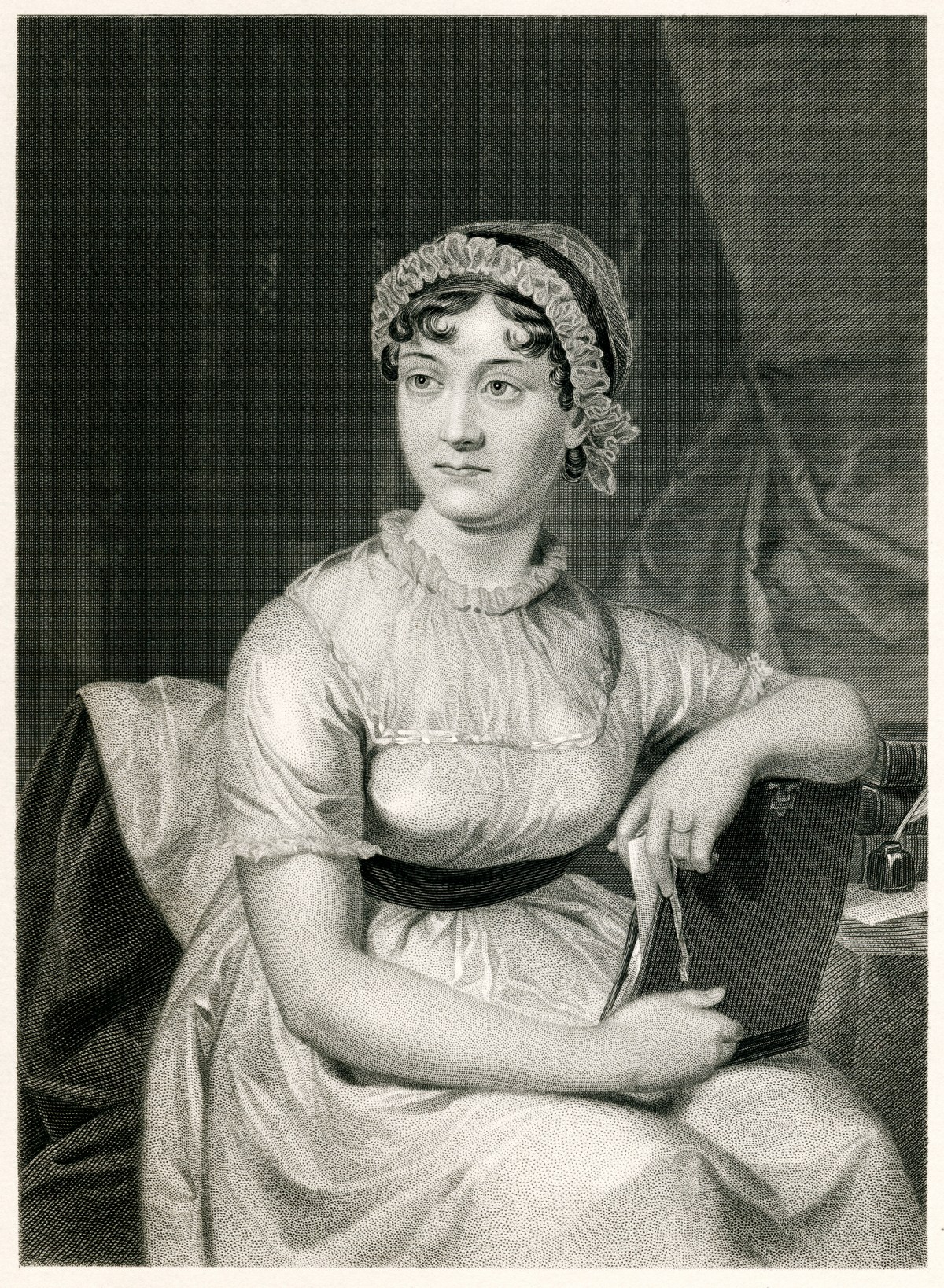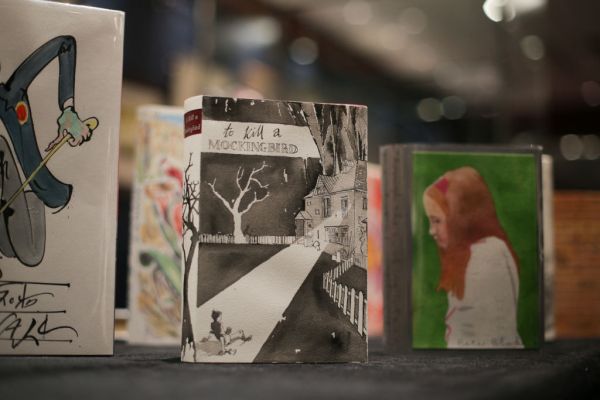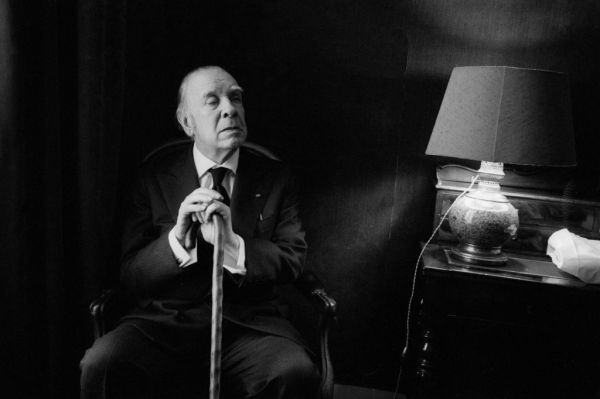Jane Austen is England’s brightest literary jewel. The slightly upper-crust characters in her novels spend most of their time in the most English of pursuits: drinking tea, visiting country houses, and gossiping about their neighbors. Austen herself never left English soil, and all her books are set on the “sceptered isle.”
You might find it surprising, then, that the Florida commissioner of education, Manny Diaz, Jr., recently included Austen’s Pride and Prejudice on a list meant to celebrate “the unyielding spirit and heroic patriotism of the many Americans throughout history who fought in the pursuit of liberty and freedom.” Over at LitHub, the writer James Folta excoriated the commissioner for the selection. “Is there anything American in Austen’s book?” he asked rhetorically.
But Folta’s dismissal of the supposedly provincial Floridian is altogether too snobbish. Austen’s novels are essential entries into the Western canon, and they have delighted generations of American readers. More importantly, Austen’s books are about the possibility of self-government and the potential of human freedom—deeply American themes in their own right. Even if the Florida Department of Education told Rolling Stone that critics were over-interpreting the decision and choosing Austen had nothing to do with the “American pride” theme, our country has every reason to claim her as our own.
Great Americans throughout our history have expressed their love for Austen often enough that she would be rightly considered an adopted daughter of our literary tradition. Chief Justice John Marshall, for example, expressed his admiration for her novels in an 1826 letter to his Supreme Court colleague Joseph Story. William F. Buckley Jr., one of the best American stylists of the 20th century, purportedly praised her by remarking, “One doesn’t read Jane Austen; one re-reads Jane Austen.” She is referenced and imitated in popular films ranging from the dazzling work of Nora Ephron to comedies by Whit Stillman.
Austen’s inimitable prose and immortal characters have found an indelible place in the American imagination, even if she was not born on our shores. Perhaps one reason for the enduring American appreciation for Austen is that we recognize ourselves in her characters.
Consider, for example, Alexis de Tocqueville’s description of the American woman in Democracy in America—which sounds uncannily like a profile of Lizzy Bennet:
I was often surprised and almost frightened on seeing the singular dexterity and happy audacity with which these girls of America knew how to conduct their thoughts and words amid the pitfalls of a playful conversation; a philosopher would have stumbled a hundred times on the narrow path they traveled without accident and without trouble. It is in fact easy to recognize that in the very midst of the independence of her youth, the American woman never entirely ceases to be mistress of herself; she enjoys all permitted pleasures without abandoning herself to any of them, and her reason does not drop the reins although it often seems to let them dangle.
Throughout Pride and Prejudice, Lizzy constantly displays this kind of playful self-possession. Her gentle defiance is even one of the reasons Mr. Darcy falls in love with her; he delights in the way she good-naturedly teases him and rebels against the culture of deference that would paralyze less bold women.
More importantly, Lizzy is no slave to the stifling conventions of the British aristocracy—in that sense, her finest moment is also her most American. Toward the end of the novel, Lady Catherine de Bourgh, Darcy’s aunt, arrives at Lizzy’s home one evening to demand she not marry him because the match would be socially unsuitable, quitting the “sphere” in which she was “brought up.” Not one to be cowed, our protagonist defies Lady Catherine. “In marrying your nephew, I should not consider myself as quitting that sphere,” she says. “He is a gentleman; I am a gentleman’s daughter; so far we are equal.” One can almost imagine Lizzy donning feathers and war paint to join in the Boston Tea Party (which coincidentally occurred exactly two years before Austen’s date of birth).
Other Austen novels, such as her final—and best—book Persuasion, are about the ways the appearances of aristocracy can conceal mediocrity. Although she clearly possessed a conservative sensibility, Austen nevertheless understood that hereditary titles were no substitute for the truest kind of inner nobility. In each of her novels, readers encounter characters striving after more than the appearance of virtue; they are lovable because they are learning genuine self-government. For Austen, just as it was for the American Founders, the pursuit of this kind of virtue is the same as the pursuit of happiness.
In his piece, however, Folta misses this precise point. He completely neglects the themes of self-government and equality running through Pride and Prejudice and Austen’s five other novels. Instead, he baselessly asserts that Republicans in Florida are promoting Austen because they favor the class system depicted in her novels. Overlooking that Austen’s depictions of class are satirical, he goes so far as to describe Austen’s presence on the list as “indicative of a lack of curiosity on the part of Florida’s hard-right regime, and the modern American right in general.”
Is his attitude really any different from Lady Catherine de Bourgh’s? Just as she dismisses Lizzy as a country bumpkin unworthy of her nephew, Folta turns up his nose at an honest attempt to get school kids excited about great literature. (And while Austen was no revolutionary feminist, she was far more critical of inequality and injustice than Folta’s snobbish reading allows.)
Sadly, Folta is not alone in his snobbery. For generations, academics and critics have been trying to sever American letters from the broader inheritance of the Western canon. In his book America’s British Culture, Russell Kirk took narrow-minded multiculturalists like Folta and his ilk to task and insisted that Americans should lay claim to the great body of English literature. “Love of an inherited culture has the power to cast out the envy and hatred of that culture’s adversaries,” he wrote. That’s a far superior approach to our literary heritage, and I can think of no better author to teach that kind of love than the ever-delightful and utterly lovely Jane Austen.

In 1934, the great poet Robert Frost wrote to his daughter Lesley, who was scheduled to give a talk on American poetry to college students. However, Lesley was uncertain whether to include the American-citizen-turned-British-subject T.S. Eliot in the lecture. Because Eliot was “American though expatriate,” Frost wrote to her, she ought to “Claim every thing for America.”
A similar case could be made for Austen, who, like Eliot, is a universal author. On the surface, her novels may seem concerned only with a narrow slice of English life—but at their core, they are about the trials of human life and the struggle for self-government. What’s more American than that?






Please note that we at The Dispatch hold ourselves, our work, and our commenters to a higher standard than other places on the internet. We welcome comments that foster genuine debate or discussion—including comments critical of us or our work—but responses that include ad hominem attacks on fellow Dispatch members or are intended to stoke fear and anger may be moderated.
With your membership, you only have the ability to comment on The Morning Dispatch articles. Consider upgrading to join the conversation everywhere.